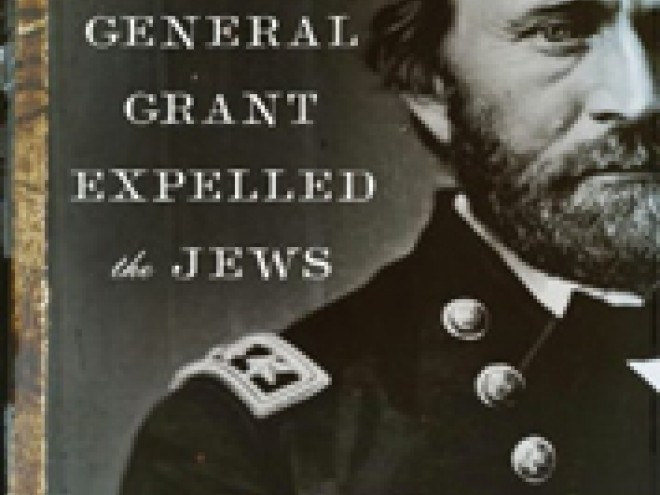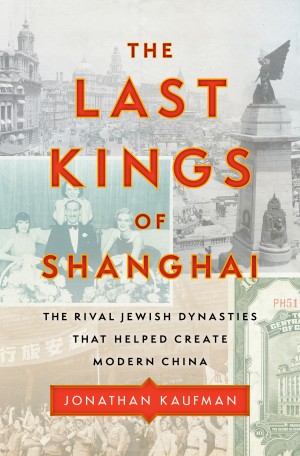2015 marks the 150th anniversary of the end of the Civil War: a landmark event in American history that ended slavery, settled the debate over national sovereignty and states’ rights, cost the lives of over six hundred thousand soldiers, and shaped the nation’s political, social, and economic development. And, as shown in Lincoln and the Jews, it was also important in the history of America’s Jews. Historian Jonathan Sarna and Benjamin Shapell, founder of the Shapell Manuscript Foundation, partner with an engrossing study of the relationship between America’s sixteenth President and the burgeoning Jewish community comprising of nearly 150,000 persons by 1860, including politicians and businessmen with whom Lincoln interacted.
This important new book is a fortuitous collaboration between co-authors Sarna and Shapell. Sarna holds a particular interest in the Civil War era, and his 2012 book, When General Grant Expelled the Jews, is a jewel of historical revisionism. The Shapell Manuscript Foundation’s collection of nineteenth century ephemera offer new insights into Lincoln’s relationships with the Jews; to them belongs the credit for the hundreds of interesting photographs and manuscripts scattered throughout the book. The result is a volume which will appeal to serious readers as well as to cursory viewers.
Lincoln admired Jews. As a lawyer he had Jewish clients; as a politician he defended Jews; as a theater-goer he enjoyed plays with Jewish themes; as a consumer he patronized stores owned by Jews; as an orator he frequently quoted from the Hebrew Bible; and as president he pardoned Jewish merchants convicted of a variety of real and fictitious crimes, appointed Jews to office — including the first Jewish chaplains to the military — rebuffed attempts to declare Christianity the country’s official religion, and immediately repealed General Orders No. 11 of December, 1862 — General Ulysses S. Grant’s infamous edict expelling Jews from the territory under Union control. Lincoln’s relationships with Jews, Sarna noted, “went further and deeper than those of any previous American president.”
American Jews, in turn, have venerated this most important, iconic, and tragic figure in American history, and there is even a street in Jerusalem named for him. Rabbi Isaac Mayer Wise called him “the greatest man that ever sprung from mortal loins.” This presumably made Lincoln greater than Abraham or Moses. “Lincoln,” Wise continued, was, in fact, a Jew, “bone from our bone and flesh from our flesh. He supposed himself to be a descendant of Hebrew parentage.” Rabbi Benjamin Szold was unwilling to go so far, preferring to believe rather that Lincoln was simply “mind of our mind and soul of our soul.” Whatever be the case, America’s Jews were correct in seeing Lincoln as a friend. Jews, wrote Sarna, have “studied Lincoln, quoted Lincoln, fictionalized Lincoln, dramatized Lincoln, painted Lincoln, sculpted Lincoln, wrote about Lincoln, preached about Lincoln, sang about Lincoln, and even […] designed the Lincoln image for the penny in 1909, on the occasion of the centennial of Lincoln’s birth.” Lincoln and the Jews clearly illustrates why.





